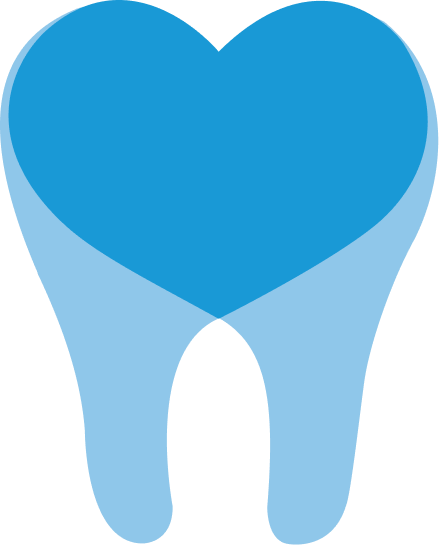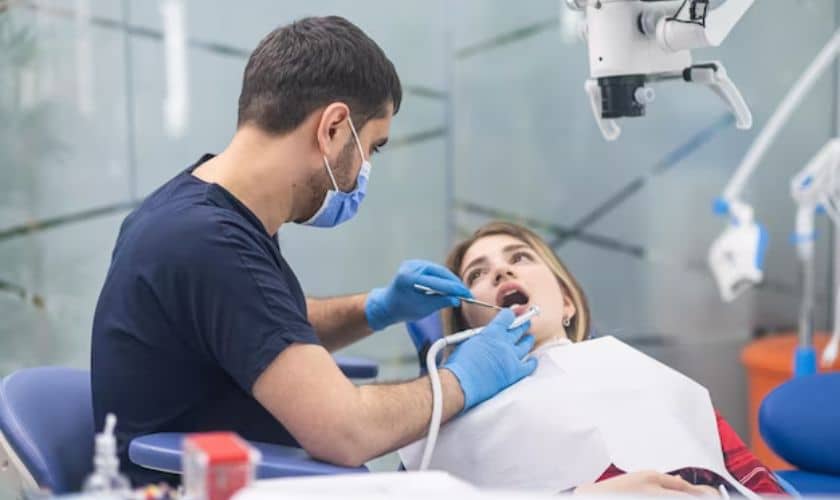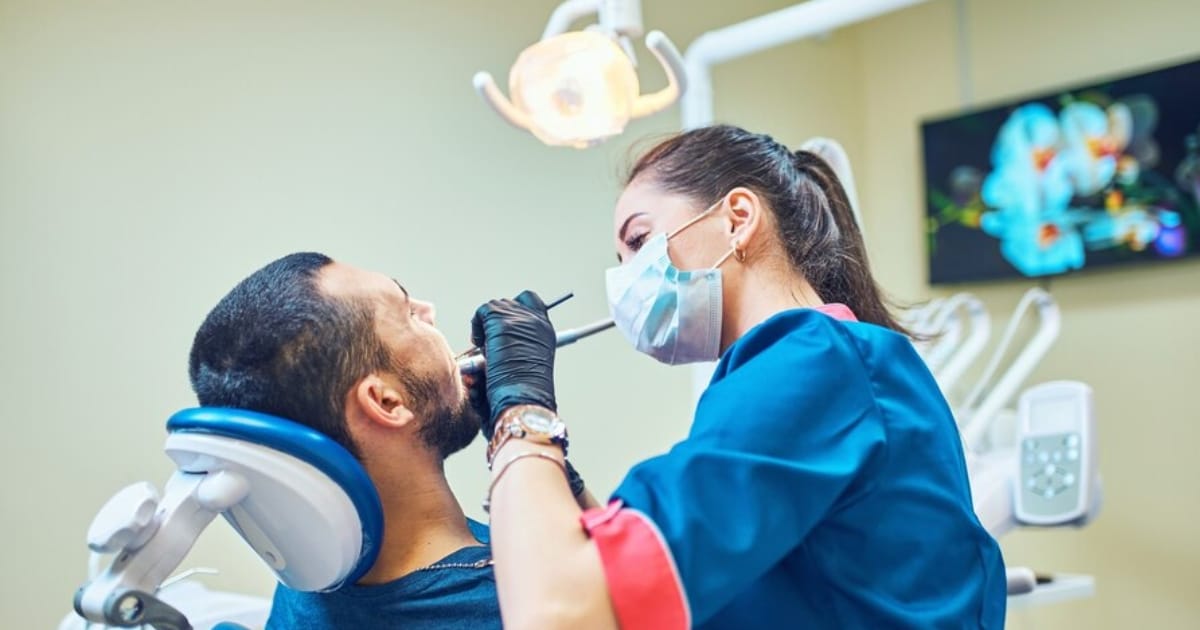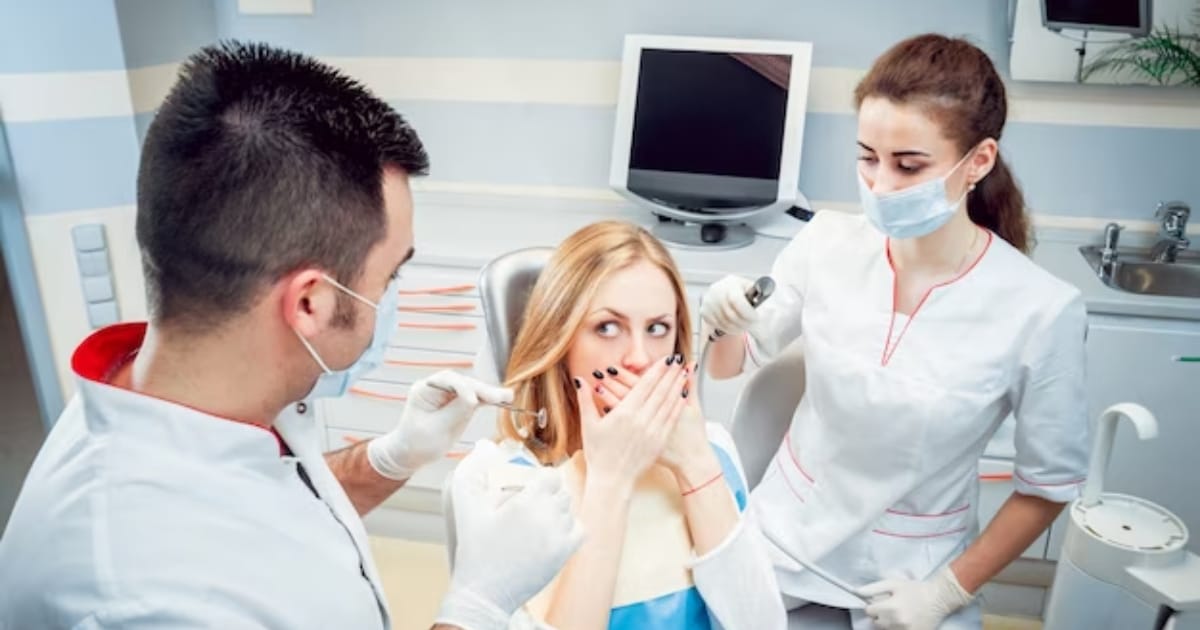Call: (630) 812-7929
Be Prepared, Not Scared: Navigating Dental Emergencies With Confidence


Are you ready to conquer your dental emergencies with confidence? No more panicking or feeling helpless when unexpected tooth troubles strike. This blog post will equip you with the knowledge and tools to navigate dental emergencies like a pro. From chipped teeth to excruciating toothaches, we’ve got you covered! So buckle up and get ready to be prepared, not scared, when it comes to handling any dental mishap that comes your way. Let’s dive in!
Understanding Dental Emergencies
A dental emergency can be described as any sudden and unexpected oral health issue that requires immediate attention to alleviate pain, prevent further damage, and safeguard your overall well-being. Common dental emergencies include:
- Toothache: Intense and persistent tooth pain can be caused by an infection, decay, or even a lodged piece of food.
- Chipped or Fractured Tooth: Accidents can lead to chips, cracks, or fractures in teeth, exposing sensitive nerves and potentially leading to infection.
- Knocked-Out Tooth: A knocked-out tooth is a time-sensitive emergency, and quick action can increase the chances of re-implantation.
- Lost Filling or Crown: A lost filling or crown can expose the underlying tooth to sensitivity and decay.
- Abscess: A painful bump on the gum, often accompanied by fever, can indicate an abscess—an infection that requires immediate treatment to prevent its spread.
Steps To Take During A Dental Emergency
If you or a loved one experiences a dental emergency, staying calm and taking quick action is important. Here are the necessary steps to take during a dental emergency:
Take a deep breath and try to remain calm. This will help you think more clearly and better handle the situation.
- If you are in pain, take over-the-counter pain medication if needed.
- If you have bleeding, apply pressure to the area with a clean cloth or gauze pad.
- Rinse your mouth gently with warm water to clean the area. Do not brush your teeth or use mouthwash now, as it could further irritate the area.
- Apply a cold compress to the outside of your face near the affected area to help reduce swelling and pain.
- If you have a loose tooth, try to lightly reposition it back into place using gentle pressure from your finger or a cotton swab. Do not force it back into place, and be careful not to damage the surrounding teeth or gums. If you cannot put the tooth back in place, put it in milk or saliva (if available) until you can get to a dentist. DO NOT attempt to store a loose tooth in water, as this will damage it irreparably!
- Seek dental care as soon as possible if you are experiencing any of these symptoms: severe pain, uncontrolled bleeding, swelling that is getting worse, or a loose tooth that cannot be repositioned into place.
Preventing Dental Emergencies
While it’s impossible to predict all accidents, you can take steps to reduce the risk of dental emergencies:
- Maintain Oral Hygiene: Brush, floss, and rinse regularly to keep your teeth and gums healthy, minimizing the chances of decay and infection.
- Protective Gear: If you engage in sports or activities with a risk of dental injury, wear a mouthguard.
- Avoid Bad Habits: Don’t use your teeth to open bottles or bite into hard objects. These actions can lead to chips and fractures.
- Regular Check-ups: Regular dental visits can catch and address issues before they become emergencies.
The Role Of An Emergency Dentist
The role of an emergency dentist is paramount when it comes to swiftly addressing and resolving dental crises. Emergency dentists are trained professionals equipped to handle many urgent oral health issues, offering immediate relief and treatment. Their expertise extends beyond regular dental care, as they are prepared to diagnose and manage cases like severe toothaches, knocked-out teeth, fractures, and infections. With their specialized knowledge and access to advanced tools and techniques, emergency dentists provide timely interventions that can often mean the difference between saving a tooth and more extensive complications. Their availability during extended hours and weekends ensures patients receive essential care, fostering peace of mind and well-being during critical moments.
Dental emergencies might be unpredictable, but your response doesn’t have to be. You can confidently navigate these situations by understanding what constitutes a dental emergency and knowing how to respond calmly and effectively. Remember, a dental emergency isn’t just a problem—it’s an opportunity to take charge of your oral health and well-being, even in the face of the unexpected.





